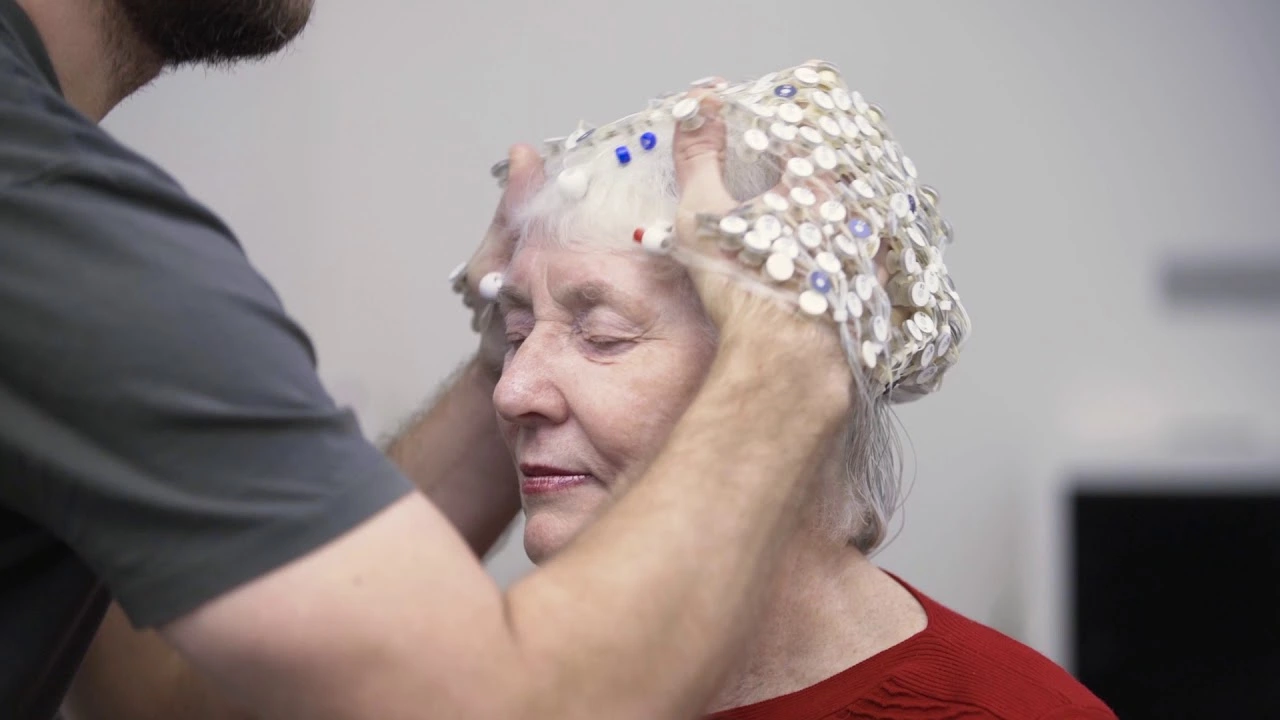Sleep: Simple, Practical Ways to Sleep Better Tonight
Struggling to fall asleep or waking up tired? You’re not alone. Small, clear changes to your routine and bedroom often fix more than you expect. This page gives straight advice you can use tonight and points out when to ask a clinician for help.
Start with the basics. Keep your room cool, dark, and quiet. Use blackout curtains, a fan or thermostat to cool the room, and earplugs or a white-noise app if noise wakes you. Make the bed for sleep and sex only — avoid working or watching shows there. That helps your brain link the bed with sleep fast.
Follow a regular sleep schedule. Go to bed and wake up at the same time every day, including weekends. A consistent routine trains your body clock. If you nap, limit it to 20–30 minutes before mid-afternoon so it doesn’t ruin nighttime sleep.
Practical Habits That Help
Watch caffeine and alcohol. Try to stop caffeine by early afternoon — it can hang around and cut into deep sleep. Alcohol may make you fall asleep faster but leads to lighter, broken sleep later. Avoid heavy meals within 2–3 hours of bedtime; a big, spicy dinner can cause heartburn that keeps you awake.
Use light to your advantage. Get bright light in the morning — even a 15–30 minute walk helps set your circadian rhythm. In the hour before bed, dim lights and switch screens to night mode or go screen-free. Blue light tells your brain it’s daytime and delays sleepiness.
Try short relaxation tools. Deep breathing (try the 4-7-8 method: breathe 4 seconds, hold 7, exhale 8), progressive muscle relaxation, or calm stretching for 5–10 minutes can drop your heart rate and make sleep come easier. Keep the routine under 30 minutes so it stays doable.
Medications, Supplements, and When to See a Doctor
Many meds change sleep. Some antidepressants, blood pressure drugs, and stimulants can cause insomnia or daytime sleepiness. Supplements like melatonin can help in the short term — low doses (0.5–3 mg) taken 30–60 minutes before bed are common — but check with your clinician first, especially if you take other prescriptions. Want more on how meds affect sleep? Read our Celexa article and related posts on RedBoxRX for specifics.
When to get help: if you still struggle after two to four weeks of good habits, if you snore loudly, gasp for air, or feel very sleepy during the day, see a doctor. Those signs can mean sleep apnea or another condition that needs testing or treatment. Cognitive Behavioral Therapy for Insomnia (CBT-I) is a proven option if habits alone don’t work.
Pick one change and try it for two weeks — a steady wake time, no screens before bed, or a short relaxation routine. Track what helps and what doesn’t. Better sleep usually starts with focused, simple steps and a little patience.

 Jun, 12 2023
Jun, 12 2023